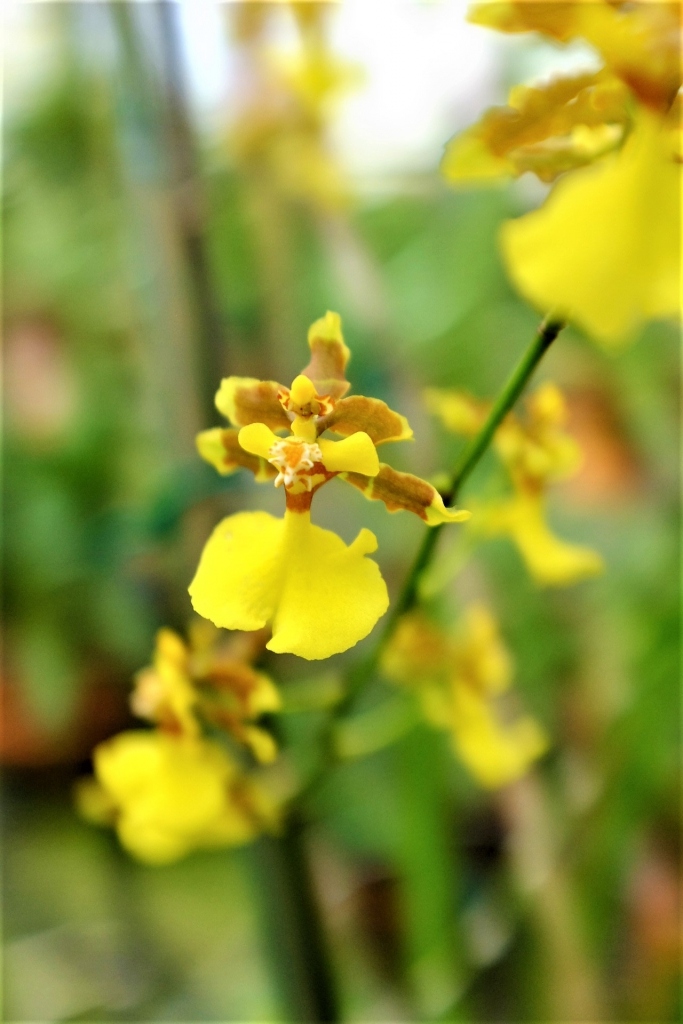The Million Orchid Project (MOP) is the largest botanical citizen science program in South Florida that focuses on restoring rare, native orchids. This year we’re bringing our biggest conservation project yet to Challenge schools! As the global climate warms, geographic ranges of tropical plants can expand to areas that were once too cold for them. For this Challenge, we want you to design and run a survivorship experiment that tests how a critically endangered ground orchid species grows in two different environments, or microhabitats, in your schoolyard. These two microhabitats can be chosen by you and your teacher — it could be a sunny space, a shady space, in an existing pollinator garden, under a tree, or somewhere else you have in mind.
Fairchild will provide you with 10 Florida-native orchids — plant half of them in one of your chosen microhabitats and half in another. Follow the provided MOP research protocols to collect environmental data while tending your orchids. Create a social-media-style graphic carousel (here’s an example!) that explains what microhabitats you chose and why, at least one graph showing data you collected and what it means, and why it is important to run experiments like yours on endangered plants. Your scientific findings are crucial to determining ideal planting spots for restoring these critical species! Download information as one page with lesson plan
MOP Research Protocols





